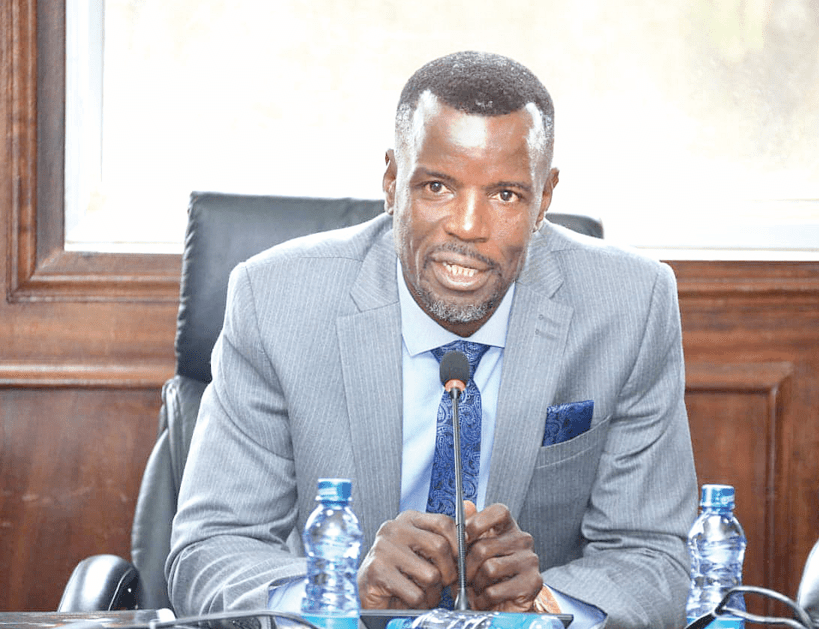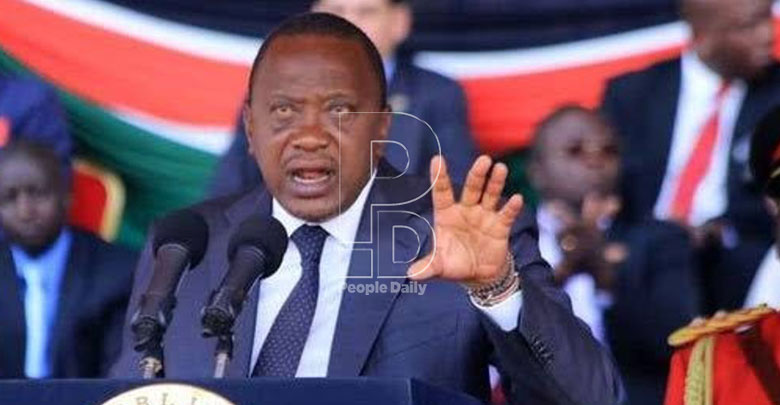Referendum could help secure President Uhuru’s legacy
By Victor Bwire, August 14, 2019A lot has been said about President Uhuru Kenyatta’s legacy and what he should —or should not—do to secure it, given that he is serving his last term.
The focus has mainly been on the Big Four agenda, but I believe a constitutional review to change the current governance structure may be what will shape his legacy.
While the Big Four agenda means well for the country, it has already run into challenges and even if it was to be attained, it would require solid leadership to sustain.
Those limiting the anticipated referendum to a mere creation of more positions for a few individuals are missing the bigger picture, yet the problems of the current presidential system are clear.
Kenya needs a political system that is more accommodative and sensitive to ethnic diversities and historical injustices. We also need a better oversight system to ensure prudent use of resources.
More must be done to oversight the counties. The current arrangement gives some county officials leeway to plunder resources. Even with devolution, we must strengthen oversight.
The national governance system also needs to change to accommodate a prime minister drawn from the political party with majority in Parliament. A critical relook and reconsideration of the contents of the draft Constitution of Kenya March 15, 2004 (commonly known as the Bomas Draft) suffices.
In the draft, the Prime Minister, would be the leader of the largest political party or coalition in the National Assembly, appointed from MPs, with Parliament confirming their agreement with the President by voting.
The system has several advantages, the foremost being a balanced government. The Bomas Draft had provided for similar political arrangement in Kenya like in UK and India but it was abandoned.
Having seen the inability of the current system, inability to solve the country’s deep-rooted historical injustices, Uhuru should push for a constitutional review process to fix the shortcomings.
The Parliamentary system allows better co-ordination between the various arms of government, and by extension better service delivery. It can also curtail authoritarianism.
While the constitution tried to limit concentrating too much power on the Presidency, there are many loopholes through which individuals can abuse power and offices. The system has also led to some dissatisfaction as some communities feel left out of government.
A country with such diverse ethnic groups and grave historical injustices, it has proven tough for Kenya to thrive peacefully under a presidential system. The fear of the “big tribes” conspiring to exclude others from leadership and access to national resources is real and we must confront this.
A presidential system works well in countries with strong institutions that provide leadership in many fronts and checks and balances on the excesses of the Executive.
It would help if Kenya learnt from democracies where the parliamentary system has worked like the UK and India. The writer is deputy CEO at the Media Council of Kenya
More Articles

